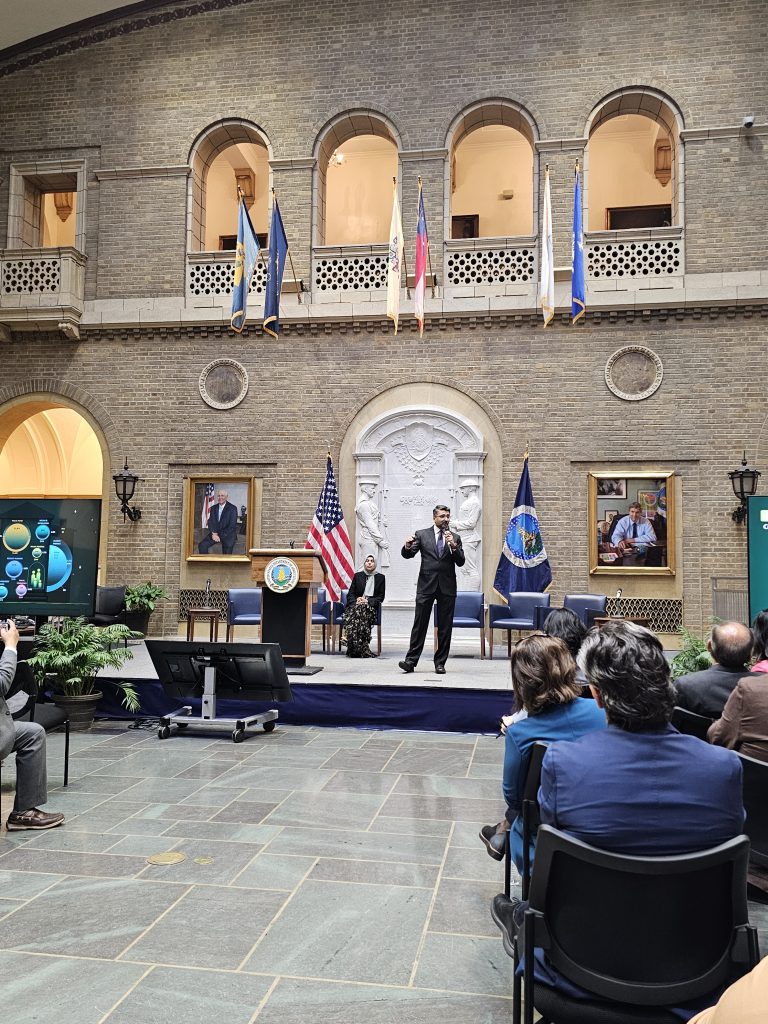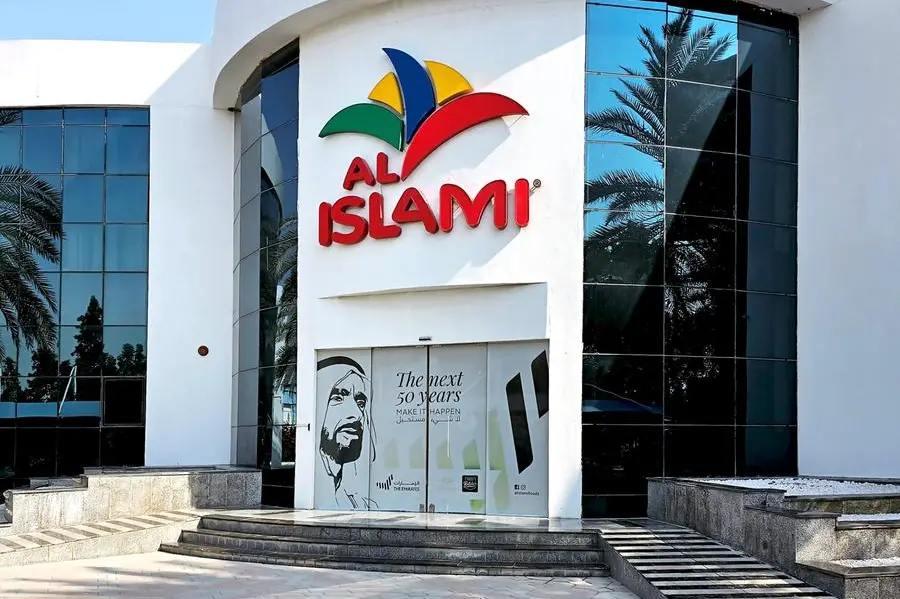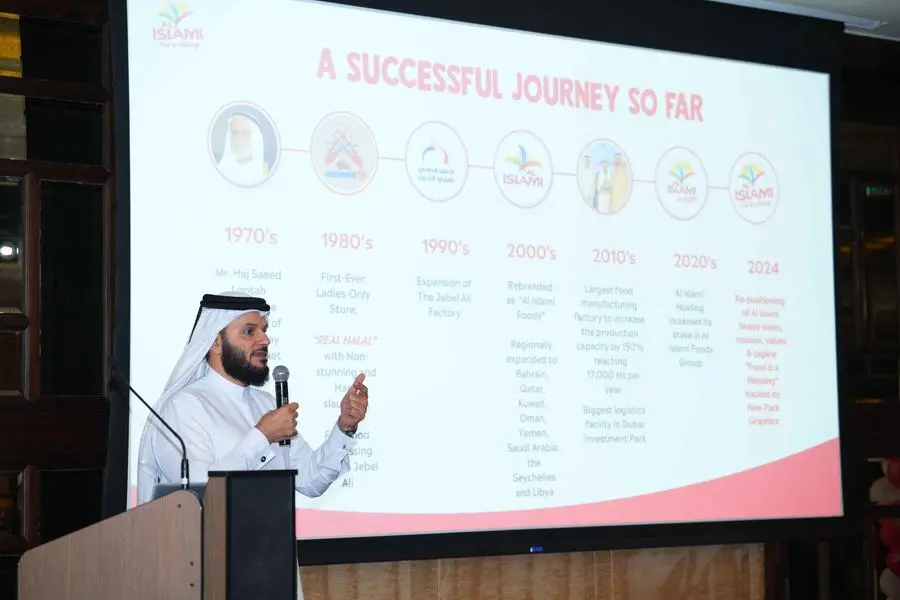Brand Courage and the American Muslim Consumer
The Arab Spring is opening a new frontier for brands, but American marketers may want to look a little closer to home. Ogilvy Noor’s Shelina Janmohamed reports that engaging America’s 7 million Muslims takes courage, but pays dividends.

Twelve months ago American Muslims were fired up with optimism that the moment had come for U.S. brands to embrace them.
In a struggling market, 7 million Muslim consumers with an estimated spending power of more than $170 billion seemed to have come of age at the very moment when brands were in greater need than ever of new growth opportunities.
But 12 months later brands still appear ambivalent despite the open arms with which Muslim consumers are inviting them in. So why are brands hesitant to commit themselves to serving this powerful demographic?
It’s been a tumultuous year. The controversy over the mis-named “Ground Zero” mosque grabbed headlines around the world. Media-baiting Pastor Jones threatened to burn the Qur’an. Osama Bin Laden was killed. The 10th anniversary of 9/11 came and went.
And then the Arab Spring turned the Middle East upside down, igniting fears that Islamic governments with hostilities toward the West might sweep to power.
With this political backdrop you can hardly blame brands for being nervous about speaking publicly to Muslims and welcoming them into the bosom of their marketing strategy.
Friends in need
Despite the events of the past year, American Muslims continue to remain optimistic about their place in American society.
In a Gallup poll released in August of this year 60 percent of American Muslims said they are “thriving.” Dalia Mogahed, the director of the Abu Dhabi Gallup Center which published the report, added that Muslims “feel a greater sense of belonging in their country” than they did in 2008.
What this means is that brands need to demonstrate commitment to the idea that that the Muslim consumer market is valuable. Muslim consumers recognize the political climate within which brands are operating, and appreciate them sticking their necks out. The response is loyalty, pride and collective endorsement. Friends in a time of need are not forgotten.
All-American Muslim
 The “Happy Eid Al-Adha” image on a Best Buy flyer sparked controversy, but ultimately won customers. Image courtesy of TechCrunch
The “Happy Eid Al-Adha” image on a Best Buy flyer sparked controversy, but ultimately won customers. Image courtesy of TechCrunch
Last year, U.S. consumer electronics retailer Best Buy prompted a backlash when it referenced the Muslim festival of Eid in a holiday flyer. Best Buy stood by its decision, winning the support of Muslim consumers in the process.
This year’s marketing campaign by health food supermarket chain Whole Foods to promote Saffron Road halal foods during the month of Ramadan also faced criticism. They too held firm, sales went up 300 percent and Whole Foods acquired a new segment of customers.
Just last month, TV channel TLC began airing an eight-part series called All-American Muslim, which follows the lives of five American Muslim families in Dearborn, Michigan. The pilot episode pulled the second-highest ratings of the station’s reality TV shows, beaten only by Sarah Palin’s Alaska.
Predictably, the show has stirred controversy but TLC has kept it on the air and it continues to gain ratings. From a brand perspective this kind of courage is proof that addressing Muslims can and does pay off, and that mainstream America is ready and willing to watch.
But other Muslim-centric content has fallen foul of the political climate. A new superhero cartoon series called The 99, based on the Islamic idea of God having 99 attributes, was bought by a mainstream American channel. With the inflamed political backdrop, the channel has shelved it indefinitely. This is a case where courage is much needed.

From kosher to halal
There is great precedent for American brands reaching out to segments that are part of the fabric of American life, even in the face of objections. In 1911, Procter & Gamble was the first company to advertise that its vegetable shortening product, Crisco, was kosher.
 Whole Foods increased sales by 300 percent by selling Saffron Road Halal products
Whole Foods increased sales by 300 percent by selling Saffron Road Halal products
In 1915 the New York State Legislature enacted the United States’ first Kosher Food Law, which was to serve as a model for all subsequent kosher food legislation. This law has been challenged again and again by those who claim it is unconstitutional, but it has stood the test of time.
The U.S. kosher market has grown today to an estimated $12.5 billion, but only 25 percent of kosher consumers are actually observant Jews. Other consumers believe simply that kosher food is healthier. Muslims believe that halal food will have wider appeal than its core target Muslim consumer for similar reasons.
Courage and rewards
The lesson from these examples is that courage and investment in communities pay off. Muslims will respect and show loyalty to brands that support them in the public space. They are not asking for political or media support. In fact they want brands to avoid the political discourse and treat them as mainstream consumers with mainstream needs.
The events of the last year indicate that companies will need to demonstrate courage in embracing this strategy. The good news is that Muslim consumers recognize this and the reward from them is loyalty and public devotion.



